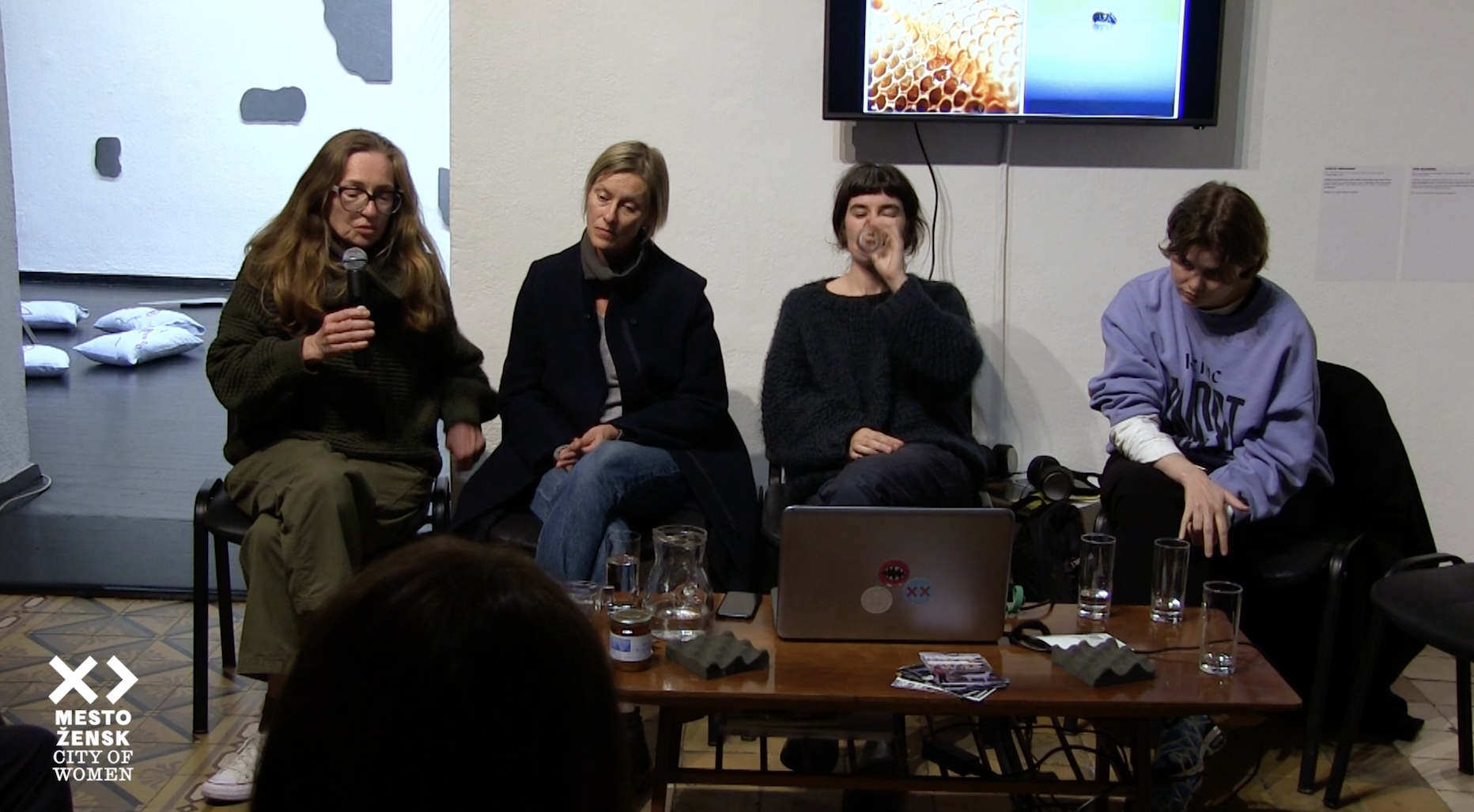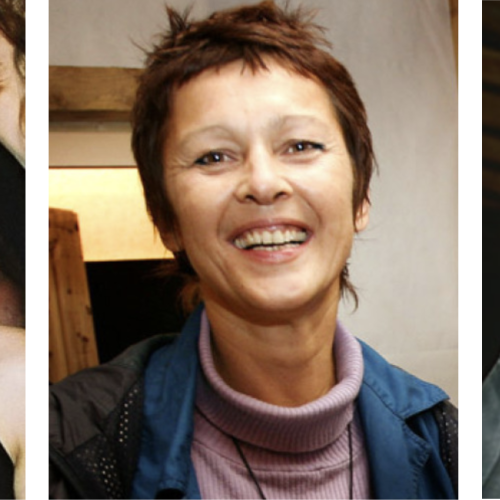

Feminist Infrastructural Critique: Life-Affirming Practices Against Capital
The collection titled Feminist Infrastructural Critique: Life-Affirming Practices Against Capital is the 74th issue of FKW (Zeitschrift für Geschlechterforschung und visuelle Kultur), one of the oldest feminist art journals in the German language. It is based on the practices and interests expressed in the work of many artists, curators, and doctoral students under Elke Krasny, a Ph.D. professor of art and education, head of the Art and Education program at the Academy of Fine Arts in Vienna, and one of the editors of the collection.
The collection is based on the observation that infrastructure—such as highways, urban planning and city architecture, public transportation, care, digitization, construction—affects human bodies and the planet. The living conditions of humans and more-than-human beings depend on infrastructures, which shape our ways of life. People and more-than-human beings can quickly adapt to infrastructural changes, making them almost imperceptible, yet over time, these changes contribute to ecosystem destruction, alter ways of living, control bodies, and forcibly displace people and animals from their original environments.
The collection focuses on good practices, especially artistic ones, that act as resistance and presents utopian and alternative practices as a response to repressive infrastructure of capitalist cities or states. One example from the collection is the work of the RETA group, which consists of more than 30 grassroots organizations operating in the tropical forests of Madeira and Purus (Brazilian Amazon). In this region, state and municipal authorities built a highway that disrupted the lives of local Indigenous communities, displacing them and subjecting them to exploitation. RETA, through its (artistic) activities, applies pressure on the authorities and makes the community’s situation visible.
At the presentation of the collection, moderated by Helena Schmidt, a university lecturer and postdoctoral researcher at the Academy of Fine Arts in Vienna, participants included Elke Krasny and Sofie Lingg, co-editors of the collection, who introduced its themes and authors. Additionally, Urška Jurman and Vida Riculi presented their practical approaches as examples of resistance against capitalist and exploitative infrastructure.
Urška Jurman spoke about the project Beyond the Construction Site, which began in 2010 in Ljubljana in collaboration with the City of Ljubljana and the Mladi Levi festival and lasted until 2022. The project involved community gardens in a construction pit near Masarykova Street in Ljubljana.
Vida Riculi shared insights into the Rubida collective, established in Topolove / Topolò, a village on the Slovenian-Italian border that suffered depopulation due to wars. Through the Topolò project and festival, the Rubida collective seeks to engage with the local population and revitalize the forgotten capitalist remnant of this area.
You are invited to watch the video!


































